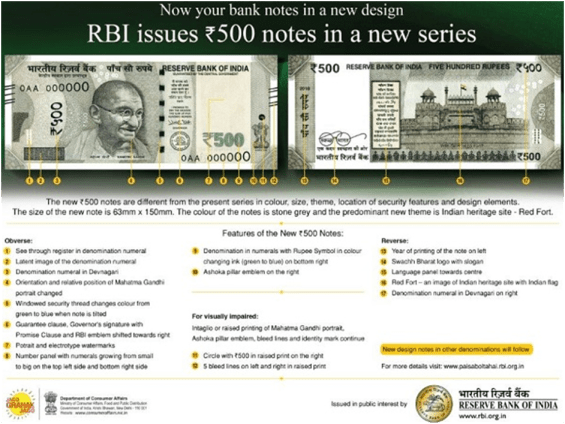In view of the rise in the number of cheque related fraud cases, the Reserve Bank of India has asked banks to put in place preventive measures including sending an SMS alert to payer/drawer when cheques are received in clearing.
Further, to prevent cases of suspicious or large value cheques (in relation to an account’s normal level of operations), the central bank has advised banks to alert customers by a phone call and get the confirmation from the payer/drawer.
The RBI has told banks to ensure the use of 100 per cent CTS (cheque truncation system) – 2010 compliant cheques.
Under the CTS environment, electronic image of the cheque is transmitted to the drawee branch through the clearing house, along with relevant information such as data on the MICR (magnetic ink character recognition) band, date of presentation, and presenting bank. Cheque truncation obviates the need to move the physical instruments across branches.
According to a RBI notification on preventive measures for cheque related fraud cases, banks are required to strengthen the infrastructure at the cheque handling Service Branches and bestow special attention on the quality of equipment and personnel posted for CTS based clearing, so that it is not merely a mechanical process.
Banks have to ensure that the beneficiary is KYC (know-your-customer) compliant so that the bank has recourse to him/her as long as he/she remains a customer of the bank.
The RBI said banks should put in place a mechanism whereby all cheques beyond a threshold of say, Rs. 2 lakh are examined under UV lamp. Checking should be done at multiple levels, of cheques above a threshold of say, Rs. 5 lakh.
The threshold limits mentioned above can be reduced or increased at a later stage with the approval of the Board depending on the volume of cheques handled by the bank or its risk appetite.
Banks are required to closely monitor credits and debits in newly opened transaction accounts based on risk categorization.
In its notification, the RBI said “the rise in the number of cheque related fraud cases is a matter of serious concern. It is evident that many of such frauds could have been avoided had due diligence been observed at the time of handling and/or processing the cheques and monitoring newly opened accounts.â€
Therefore, banks have been advised to review and strengthen the controls in the cheque presenting/passing and account monitoring processes and to ensure that all procedural guidelines including preventive measures are followed meticulously by the dealing staff/officials.
Referring to some cases where even though the original cheques were in the custody of the customer, cheques with the same series had been presented and encashed by fraudsters, the RBI said banks should take appropriate precautionary measures.
The precautionary measures have to ensure that the confidential information — customer name/account number/signature, cheque serial numbers and other related information are neither compromised nor misused either from the bank or from the vendors’ (printers, couriers etc.) side.
The RBI also said due care and secure handling is also to be exercised in the movement of cheques from the time they are tendered over the counters or dropped in the collection boxes by customers.
Source: Business Line

